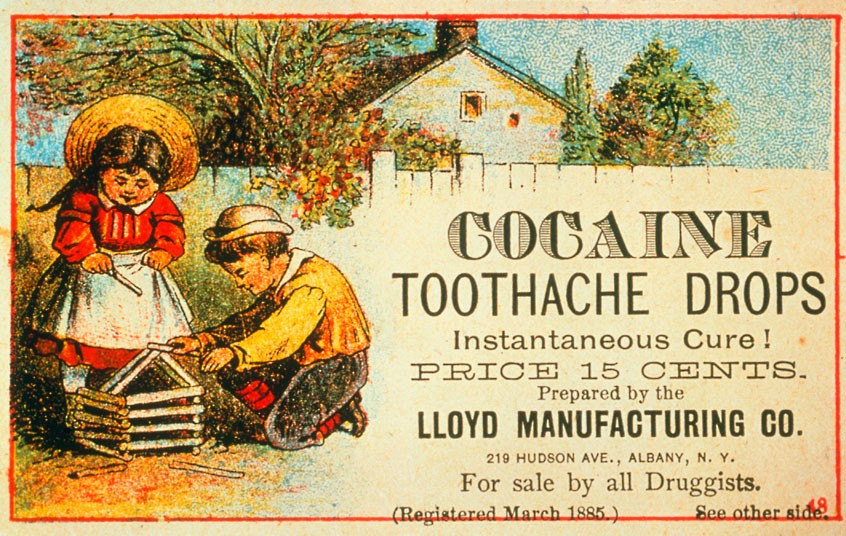 |
| Source |
Advertising by nature is parasitic
It means us harm. It is just legal and semi-regulated social engineering (hacking human behaviour). By regulated, I mean they can't show genitals or too much violence. Advertising tries to change your regular patterns of behaviour by tricking your brain into subconsciously associating a product or brand with an emotion or sensation. Basically, the more associations a particular memory has, the greater the chance of it being triggered and remembered. This is what advertising preys on. Attaching itself to your emotions like a leech.Everyone is effected
Advertising has negatively impacted all of us. We've been bombarded our entire lives. Companies have tried to alter the way we behave and permanently rewired our brains, all for the grand purpose of selling us shit we probably don't need. Cue Fight Club. This has resulted in literally generations of unconscious consumption.Advertisers have hijacked our thought processes and tried to weld their products and brands to our base desires; to the very things that make us human. If you were to have therapy to even attempt to dissociate all the brand names that have been paired with your emotions, you'd be in therapy for the rest of your life.
Targeted advertising
Personalised, targeted advertising is already effective now and is still a blunt instrument. In the near future it will be irresistible and totally integrated into your life that you won't even realise you are being marketed to. I don't know why this type of emotional manipulation and brainwashing to this extent is both legal and a booming business. Scary to think about in my opinion.See the following studies for further, alarming information:
- https://www.ncbi.nlm.nih.gov/pubmed/27427474
- https://www.ncbi.nlm.nih.gov/pubmed/24583854
- https://www.ncbi.nlm.nih.gov/pmc/articles/PMC4359675/
- https://www.ncbi.nlm.nih.gov/pubmed/29971684
- https://www.ncbi.nlm.nih.gov/pubmed/17655834
- https://www.ncbi.nlm.nih.gov/pmc/articles/PMC5671759/
- https://www.ncbi.nlm.nih.gov/pubmed/28661044
- https://www.ncbi.nlm.nih.gov/pubmed/27793520
No comments:
Post a Comment